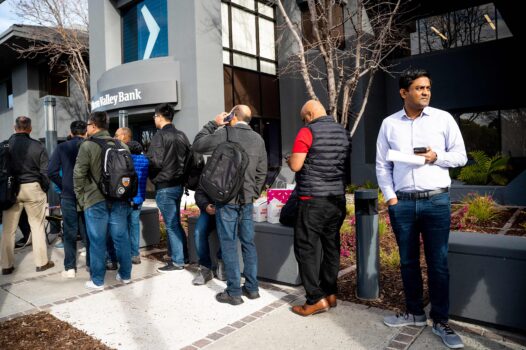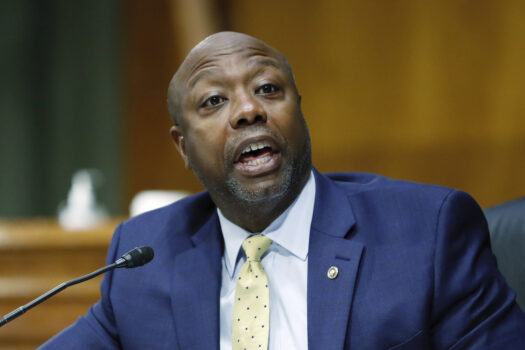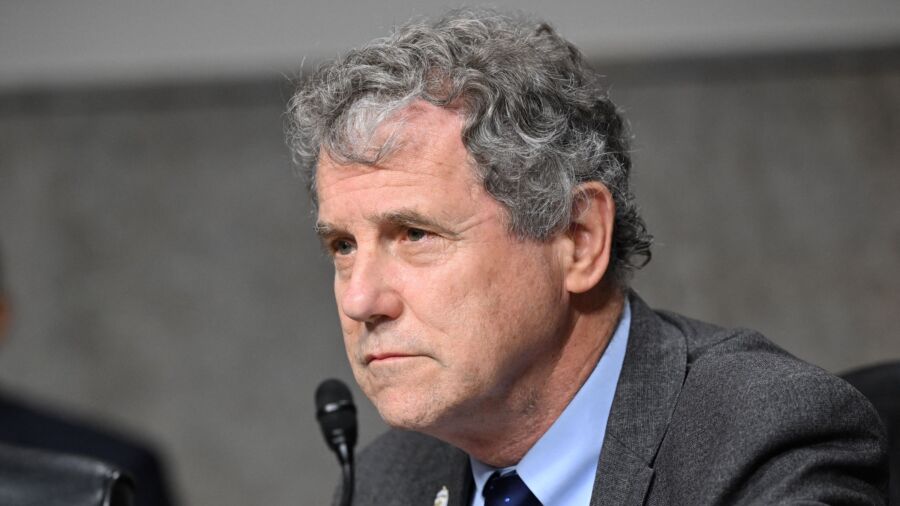Former chief executive of Silicon Valley Bank (SVB) Greg Becker issued a public apology before a Senate committee on Tuesday. Becker expressed deep remorse for the devastating impact suffered by SVB’s employees, clients, and shareholders during the recent financial turmoil that led to the bank’s collapse.
“I never envisioned myself or SVB being in this situation,” Becker said, adding that he is “truly sorry for how this has impacted SVB’s employees, clients, and shareholders.”
Becker’s testimony was accompanied by speeches from two former executives of Signature Bank, another tech-centric bank that collapsed just two days after SVB. The simultaneous failures of both banks prompted regulators to intervene and assume control as depositors frantically withdrew their funds.
The U.S. government stepped in to stabilize the situation, providing deposit guarantees and extending credit to affected banks to prevent further contagion. Nevertheless, SVB’s collapse reverberated across global financial markets, triggering a prolonged capital flight from regional banks to big names like JPMorgan.
The demise of SVB and Signature Bank, followed by the collapse of First Republic on May 1, ranks among the largest bank failures in American history, surpassed only by the infamous downfall of Washington Mutual in 2008.

Becker’s testimony sought to defend the efforts of his leadership team in managing risk and assuaging panicked depositors amid swirling rumors regarding the bank’s financial stability within SVB’s affluent clientele. He pointed out that erroneous comparisons to Silvergate, a cryptocurrency lender that had announced its liquidation shortly before SVB’s demise, exacerbated an “unprecedented bank run.”
“On March 9, in just 10 hours, approximately $42 billion in deposits were withdrawn from SVB, equivalent to roughly $1 million every second,” Becker said. Citing a Federal Reserve report on the SVB collapse, he asserted, “I do not believe that any bank could survive a bank run of that velocity and magnitude, which was ‘far beyond historical precedents.'”
Factors Behind SVB Blow-Up
Lawmakers scrutinized Becker, with Sen. Tim Scott (R-S.C.) saying Becker was not qualified to run such a large financial institution and accusing the former banker of demonstrating “complete negligence” in his navigation of tightening economic conditions. Becker argued, however, that SVB was in constant contact with financial regulators, many of which assured him that the bank’s finances were sound.
“The Federal Reserve’s supervisory team gave SVB a CAMELS rating of ‘2’—the second highest possible rating—on liquidity, capital, and market risk,” the former CEO said. Becker added that regulators assured him that “SVB’s liquidity and capital positions had sufficient buffers.” (CAMELS is an acronym for capital adequacy, assets, management capability, earnings, liquidity, sensitivity.)
Rather than lax regulations, Becker saw the Fed’s “unprecedented interest rate increases in 2022” and its confusing messaging as primary drivers behind the SVB’s collapse.

“Throughout 2021, the Federal Reserve described inflation as a transitory risk, suggesting that interest rates would not increase significantly in the short term,” he said. “Despite this messaging, in early 2022, the Federal Reserve began a series of interest-rate hikes that would eventually become the steepest rate increase over a 12-month period in almost 40 years.”
SVB’s losses were not too different than those of the broader sector, Becker highlighted, evening taking a jab at the Fed’s balance sheet—which likewise has taken a beating from the recent rate-hiking cycle.
“Many other banks similarly experienced declines in the mark-to-market value of their securities portfolios. By the end of 2022, FDIC-insured banks in the United States collectively held over $620 billion in unrealized losses from their investment portfolios, while the Federal Reserve banks carried over $1 trillion in unrealized losses.”
From The Epoch Times

